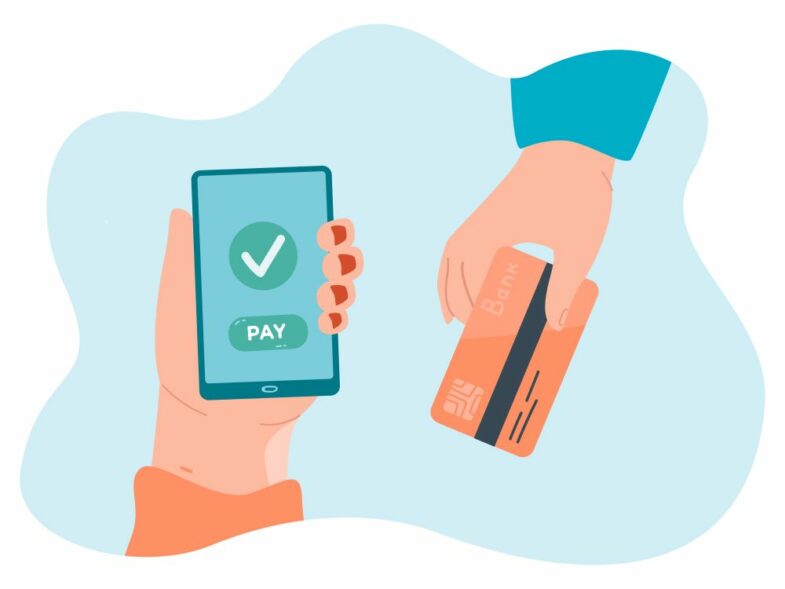Creating a fair workplace sounds like an obvious thing to do, right? Every single employee, from the CEO level to the intern, should be treated with the most respect, as if their voices have been heard. But fairness is not just something that occurs organically. It’s going to take a lot of conscious effort and planning, and a number of smart strategies, to ensure every employee receives a fair shake. So, how can businesses create that sense of fairness from top to bottom?
Clear Communication Is A Must
Have you ever felt like you’re out of the loop at work? It’s frustrating. To avoid this, businesses need to prioritize open and honest communication. Transparency is the ultimate key. Leaders should be clear about how decisions are made, how employees are evaluated, and what is expected in each role. This isn’t just a top-down thing—feedback should flow both ways. Employees need to feel safe giving honest feedback without fear of retaliation. A few tools that can help? Anonymous surveys, open-door policies, or even town hall-style meetings where everyone has a voice. The bottom line: When communication is clear, employees trust the system just a little more.
Use Data To Evaluate Performance (Not Just Gut Feelings)
Evaluations based on “feelings” or vague impressions? That’s a recipe for total unfairness. Instead, businesses need to rely on hard data and objective metrics to measure performance. Think about it: If you measure employees by clear, measurable goals—like how well they completed a project, how much revenue they generated, or customer satisfaction—there’s less room for bias or favoritism. And when everyone knows exactly how they’ll be evaluated, it’s easier to believe that promotions and raises are handed out fairly. Another idea? Incorporate peer reviews or self-assessments so no single person controls the narrative.
Development Opportunities For Everyone
One big frustration in many workplaces? Only a select few get the juicy opportunities—special training, leadership development, or mentorships—while others are left out of the big opportunities. This breeds resentment and holds back potential. A fair workplace should make sure all employees, no matter their role, have access to growth opportunities. And it needs to be crystal clear how they can tap into those resources. Career development programs, mentorship opportunities, and skill-building workshops shouldn’t be reserved for those already in line for promotion. Letting everyone learn and grow benefits the whole entire team, not just a chosen few.
Embrace Diversity In A Big Way
We all know diversity is crucial for a healthy workplace, but there’s a catch: It’s not just about hiring people from different backgrounds. True fairness means making sure that everyone, regardless of who they are, has the same opportunities to advance. That might require taking a hard look at hiring and promotion processes to weed out unconscious bias. For example, some companies are using blind recruitment methods, removing names, genders, and photos from resumes during the first round of selection. Offering diversity training and building a culture where different voices are not only heard but celebrated is also absolutely crucial. Fairness and diversity? They go hand in hand.
Pay Fairly And Audit Regularly
When it comes to fairness, nothing cuts deeper than feeling completely underpaid. Employees want to know they’re being compensated fairly for all the hard work they do, no matter who they are or what position they hold. Businesses should be doing regular pay audits to make sure there aren’t any discrepancies based on gender, race, or any other factor. But don’t just stop at base salary. Benefits should also be fair and accessible to absolutely everyone—from health insurance to retirement plans, and even paid leave. Ensuring pay and benefits are equitable keeps employees engaged and loyal to their employers, which is a win for everyone.
Fair Scheduling With A Little Tech Help
Anyone who has ever been stuck with all the undesirable shifts knows how much it can sour the work experience. In industries like retail, manufacturing, healthcare, and hospitality, scheduling can be one of the trickiest aspects of creating a fair workplace. This is where technology can save the day. Using software that helps with shift schedules can ensure that shifts are allocated fairly and that employees can see the process is completely transparent. Even better? These platforms often allow for some flexibility, so employees can swap shifts or choose available shifts that work best for them. When scheduling is fair, employees feel more in control and less stressed about their work-life balance.
Fairness: A Long-Term Commitment
Building a fair workplace isn’t a one-and-done task. It takes continuous effort and constant tweaking to make sure everyone feels they’re being treated equitably. But here’s the good news: A workplace where fairness is the rule —not the exception— is one where employees are happier, more productive, and a whole lot more loyal. By prioritizing the above, businesses can create a place where everyone—truly everyone—can actually thrive. And that’s good for both employees and the business itself.
Photo Credits: Pexels









